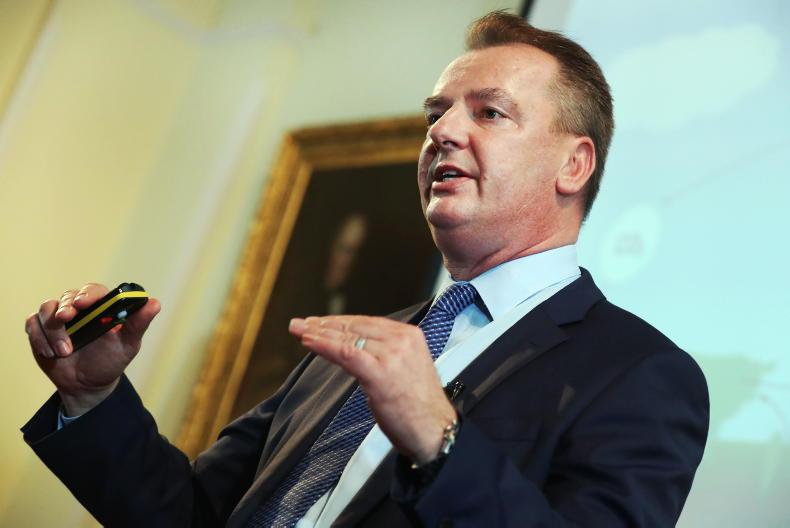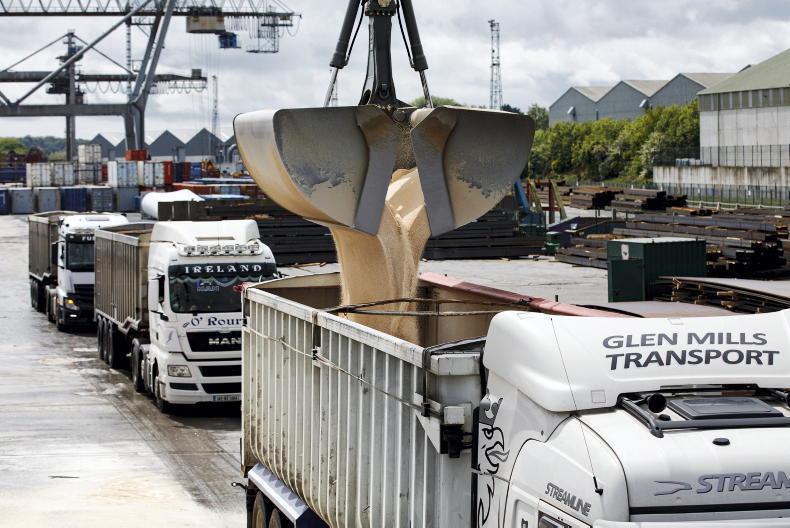Irish farmers must know what they are doing before trading carbon credits, Dr Frank Mitloehner, professor and air quality specialist at the University of California, Davis has said.
Once carbon credits are sold, they’re gone, he told the Guild of Agricultural Journalists of Ireland AGM last week.
“You must not double count. If you say I want to sell my credits to Shell or BP, then they’re gone because you can’t sell them twice.
“Before your farmers engage in that kind of trading, they need to know what they are doing. You need to establish what the policies are before you start selling something or buying something.”
Creating public policy
Dr Mitloehner argued that policymakers should work with the agricultural sector, because if they don’t, Irish farmers will produce much less, therefore export less and another country like Brazil will pick up the slack.
He said he would have policymakers go to places where these issues are being addressed, like New Zealand and Germany, to see what they are doing in relation to public policy.
They must “see where these public policies actually work”.
“A lot of the reporting around agriculture has a very negative bias and oftentimes it’s not fact-based.
“For example, in New York city, they are now mandating that on Fridays, kids cannot get animal-sourced foods in school, and that’s to protect the climate,” he said.
Ireland’s contribution to climate change
Ireland is a small player in relation to the global contribution to climate change but because the whole world is held to such a high standard in relation to reducing greenhouse gas emissions, Ireland must be too he said.
“If you were to get rid of one-third of your cows tomorrow, we would never be able to measure that qualitatively in the atmosphere as a reduction of methane in this world. It’s not possible because that reduction would be so miniscule, it’s not quantifiable.”
But, he said, because the whole world is held to this standard, we must not rest on our laurels.










SHARING OPTIONS